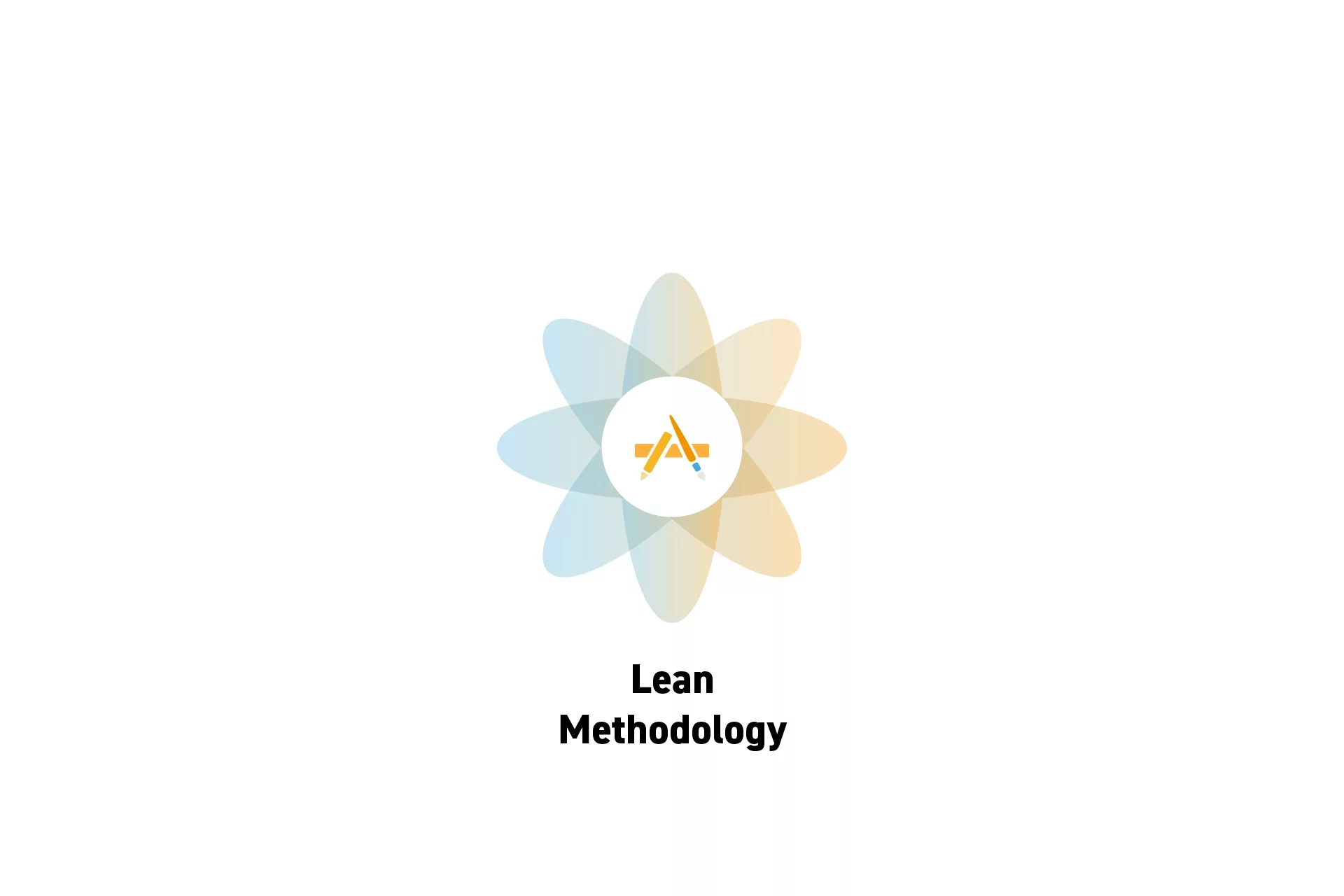What is Lean Methodology?
Lean methodology originated in Japan in the 1930's and is focused on eliminating waste, improving processes and boosting innovation.

Lean methodology originated in Japan in the 1930's and is focused on eliminating waste, improving processes and boosting innovation.
SubscribeLean methodology is a set of practices and principles aimed at optimizing business processes, eliminating waste and boosting innovation.
The two overarching pillars of lean methodology are continuous improvement and respect for people with the vision of creating as much value for the target audience (i.e. customer) as possible, whilst simultaneously improving a companies efficiency and productivity.
Lean methodology originated in Toyota in the 1930s when Japan transitioned to auto mobiles. Around this time the Japanese government commissioned Toyota to create a line of trucks, which caused Toyota a series of issues that forced them to implement continuous improvement initiatives that resulted in the Toyota Production System TPS.
TPS is considered the foundation behind lean management, lean thinking and lean methodology and earned its name in 1988, when John Krafcik coined the term in an article titled “Triumph of the Lean Production System.”
Lean methodologies influenced the creation of Agile Methodologies and Scrum, which are modern project management frameworks that focus on continuous collaboration and improvement.
To learn more about the 5 principles behind Lean methodology, consult the article below.
Looking to learn more about Innovation, Project Management, Design, Technology and Strategy?
Search our blog to find educational content on innovation, project management, design, development and strategy.